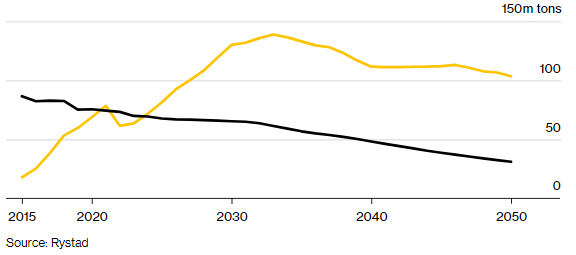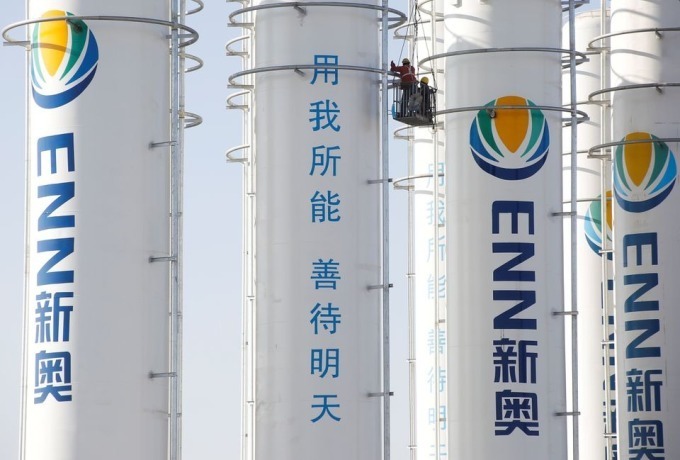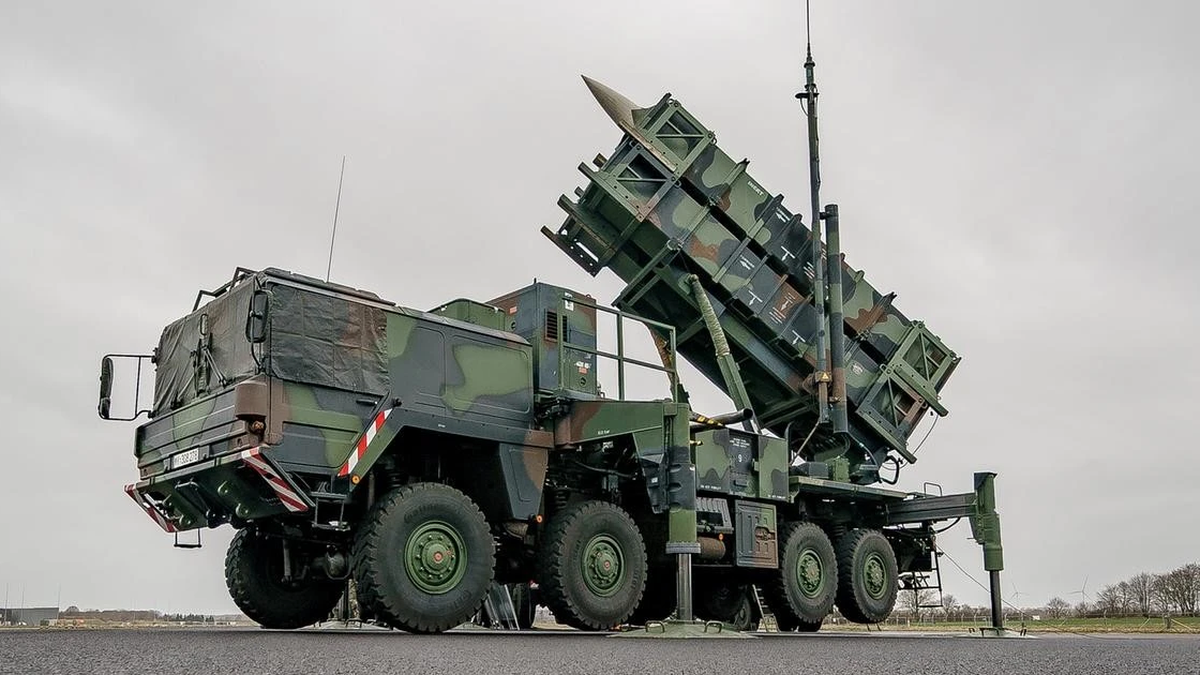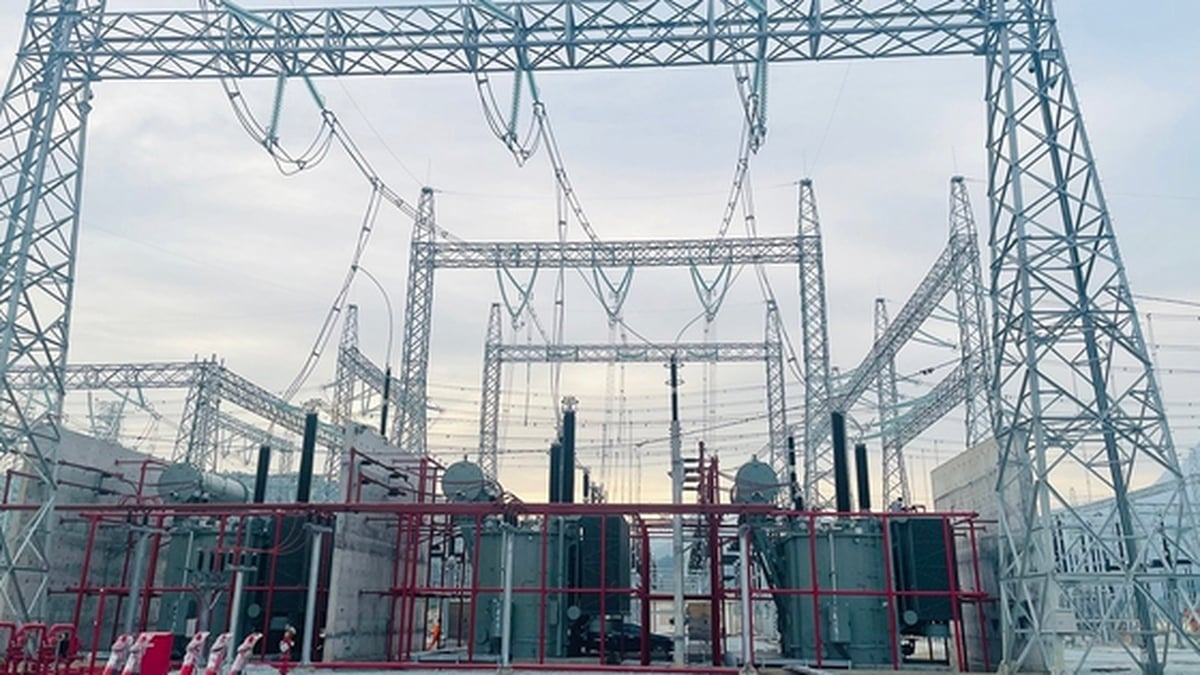China has signed many contracts to buy liquefied natural gas (LNG) to ensure domestic supply or sell to other countries when domestic demand is weak.
Bloomberg sources said the Chinese government is supporting state-owned companies to sign long-term purchasing contracts and even invest in export facilities to strengthen energy security.
The country is on track to become the world’s largest LNG importer this year, and for the third year in a row it has led the world in long-term LNG purchases, according to Bloomberg data.
China does not want a repeat of its energy shortages, and it also needs to stimulate economic growth. Long-term LNG contracts are attractive because they offer relatively stable prices compared to spot contracts.
"Energy security is always a priority for Chinese authorities. Abundant supply will help them handle future fluctuations. I think they will buy more," said Toby Copson, Director of Trading and Consulting at Trident LNG.

China's LNG imports are forecast to surge over the next decade. Chart: Bloomberg
China began to accelerate the signing of long-term contracts in 2021 as relations with the US improved. Although imports plunged last year due to weak demand due to the lockdown, Chinese companies have been a driving force in the market as Europe has reduced its purchases of Russian gas.
Last year, rising gas prices and competing countries for LNG made China realize the need for stable supplies. One option was to diversify imports to prevent supply disruptions due to political factors.
Last month, state-owned CNPC signed a 27-year gas deal with Qatar and is also involved in a massive project there. ENN Energy Holdings also signed a decade-long deal with US energy firm Cheniere Energy, both of which are expected to start in 2026.
Several other contracts are in the works. Large state-owned companies such as CNOOC and Sinopec are in discussions with the US. Smaller companies such as Zhejiang Provincial Energy Group and Beijing Gas Group are also exploring deals.
Qatar alone has entered into several negotiations with Chinese companies, with contracts that could last more than 20 years. Sinopec is also considering investing in a gas project in Saudi Arabia, Bloomberg reported in May.

An LNG storage facility of ENN Group in Baoding, Hebei, China. Photo: Reuters
China is planning to build dozens of new LNG import terminals, with imports forecast to double to 138 million tonnes by 2033, according to energy consultancy Rystad Energy.
"About half of China's LNG demand between 2030 and 2050 has no supply contracts," Rystad said.
Still, China is ramping up its domestic gas production, and supplies from Russia are expected to rise as new pipelines are built. As a result, China’s LNG terminals could become idle more often, Xie Xuguang, an economist at CNOOC, warned last month.
China will face widespread power shortages in 2021 due to a lack of coal. A plunge in hydropower output in 2022 will also slow economic growth. Their solution is to increase domestic mining and record coal imports last year.
Now, they want to do the same with gas. Beijing is urging energy giants to increase production and reduce costs to become self-sufficient in supply. But “until the pipelines are built, Chinese companies will have to source from the LNG market,” said Michal Meidan, research director at the Oxford Energy Institute.
The more deals China signs, the more power it has in the global LNG market. It now plays a key role in balancing the market. When domestic demand is weak, it sells gas to countries that need it.
"Compared to small buyers, bulk buyers have better negotiating power. Therefore, it is a very logical decision for China to continuously sign long-term contracts," Xi concluded.
Ha Thu (according to Bloomberg)
Source link






























































































![[Infographic] In 2025, 47 products will achieve national OCOP](https://vphoto.vietnam.vn/thumb/402x226/vietnam/resource/IMAGE/2025/7/16/5d672398b0744db3ab920e05db8e5b7d)





Comment (0)